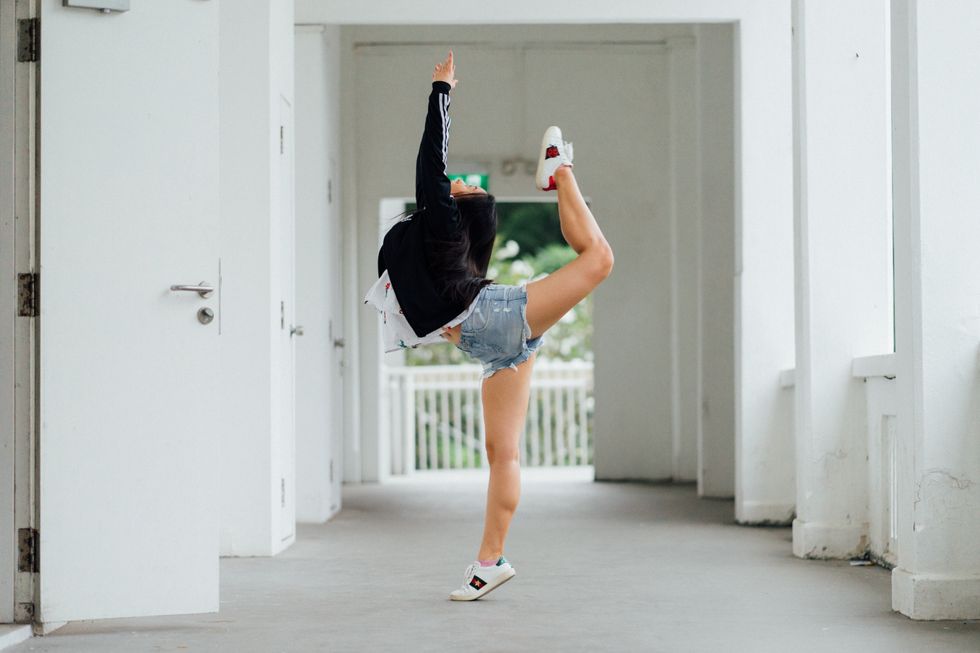My life changed after I attended a family friend's wedding, and not because I had a sudden realization about the importance of love and unity and whatnot. In fact, it had nothing to do with that. I was a hyper 7-year-old who was looking for something interesting other than the exchange of vows. So when the music started playing and the dance floor opened up, I was surprised at how strongly my body reacted. It was as if I was possessed. All I wanted to do was rush onto the floor and get carried up in the high that came with the loud, festive music.
I looked around to see if the music had the same effect on others, but they all had the same nonchalant, indifferent expressions. I was confused. Why wasn't anyone else as excited as I was? That's when I realized the unique effect that music had on me and how powerful it was.
Music was like a drug. I wanted to experience the euphoric feelings that had coursed through my veins again, so I did what any 7-year-old addict would do: I forced my mom to sign me up for Indian classical dance lessons.
From then on, I would get ready 30 minutes early before my Thursday dance lessons. I went to class, befriended the other enthusiastic kids, learned the moves and came back home to practice before my next lesson. My teacher, impressed with my dedication and hard work, would place me front and center during recitals while my proud mother would videotape the performance from the front row. I eventually became a student teacher and taught Indian classical dance to a lower age group.
Much like how an addict's tolerance gradually increases, I soon became bored of Indian classical dance. Its strict hand gestures, graceful foot movements and intricate storytelling was no longer a challenge for me. I was a somewhat reticent child back then, always struggling to express my feelings publicly. In order to conquer that difficulty, I chose a new form of dance that would challenge me personally: Bollywood.
Unlike Indian Classical dance, Bollywood dance was not as disciplined. The instructor encouraged us to improvise and "add some energy" into our movements, something my stiff and structured nature could not comprehend. But as weeks went by, I started moving my hips more and really feeling the beat of the music so I could express myself the way I wanted to. Soon, I started storytelling again — my story — when dancing to the upbeat tunes. I found a sense of confidence, happiness and companionship within that dance studio.
If you fast forward to high school, you'll notice that I barely go to the studio anymore.
The time I used to spend happily communicating through melody was now used to complete homework. My sense of self dwindled. In a sea of sleep deprived adolescents, I was just another continuously functioning, mindless machine with nothing to look forward to. Or at least, that's what I had assumed.
One of the biggest events of our high scmhool is International Night, an evening where various cultures put together dance performances and food tastings. I attended for the first time during my sophomore year. As I learned Chinese folk dance and enjoyed Spanish guitar performances, I looked around at the faces of the crowd, watching them light up in awe and fascination. Then I observed the dancers on stage. They were panting heavily, but glowed with self satisfaction and assertiveness.
I realized that even though our life situations might drag us down from time to time, our inner sense of happiness comes from self expression through music. It has the ability to wake us up from a conformed society, administer purpose to our otherwise bland lifestyle and erase our insecurities. Music is the universal language that ties us all together under every skin color, ethnicity and belief. Without it, we would be missing a zest for life, a passion to live courageously — this I believe.












